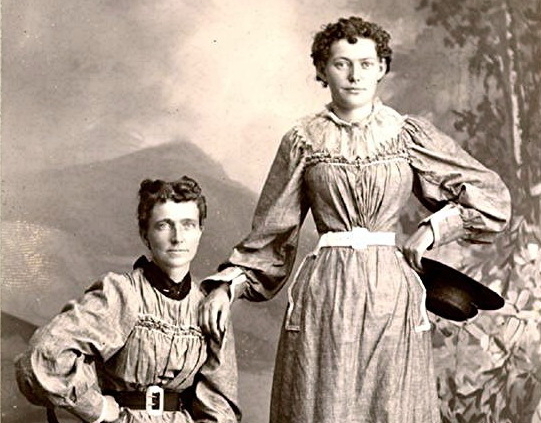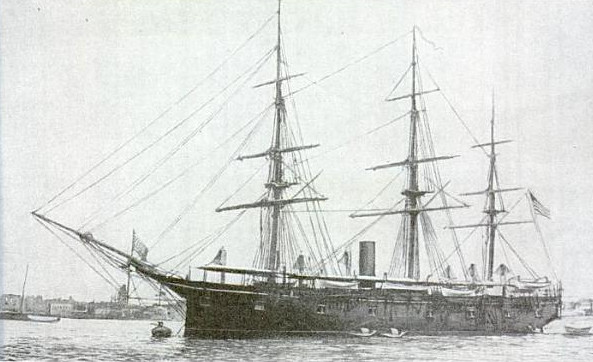In September 1914, three ships from Britain’s 7th Cruiser Squadron were on patrol in the North Sea to prevent the Imperial German Navy from entering the English Channel to interrupt supply lines between England and France.
Fifteen-year-old midshipman Wenman Wykeham-Musgrave was aboard HMS Aboukir when the German U-boat U-9 attacked. His sister recalled in 2003:
“He went overboard when the Aboukir was going down and he swam like mad to get away from the suction. He was then just getting on board the Hogue and she was torpedoed. He then went and swam to the Cressy and she was also torpedoed. He eventually found a bit of driftwood, became unconscious and was eventually picked up by a Dutch trawler.”
U-9 had sunk all three cruisers, killing 1,500 men. Wykeham-Musgrave was eventually rescued by a Dutch trawler.






